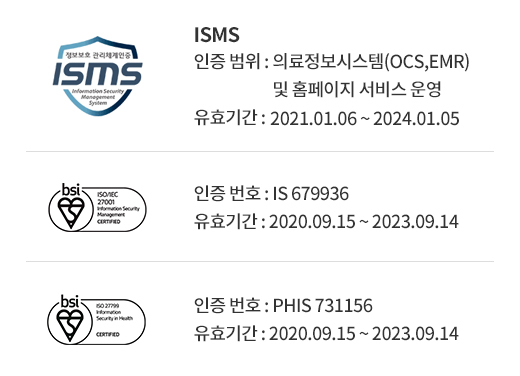Korean researchers present new guideline on cochlear implant surgery in infants

Researchers at Seoul National University Bundang Hospital (SNUBH) and Ilsan Paik Hospital have released new guidelines for the optimal timing of cochlear implant surgery in infants with congenital hearing loss.
_분당서울대병원_이비인후과_최병윤_교수,_일산백병원_이비인후과_이승재_교수.jpg)
A Korean research team, led by Professors Choi Byung-Yoon at SNUBH (left) and Lee Seung-jae of the Department of Otorhinolaryngology-Head and Neck Surgery at Ilsan Paik Hospital, released a new guideline regarding the optimal time line for cochlear implant surgery in infants. (credit: SNUBH)
Congenital hearing loss, affecting one in every thousand newborns, refers to severe or profound hearing loss present at birth. In over half of these cases, genetic factors play a role. Infants under one-year-old with bilateral profound hearing loss (90 dB or more) or those older than one year with bilateral severe hearing loss (above 70 dB) typically require cochlear implants as hearing aids.
However, Korean guidelines for pediatric cochlear implant surgery limit insurance coverage to only infants under 12 months with profound bilateral hearing loss who have shown no improvement in auditory development after wearing hearing aids for at least three months. The 12-month threshold has been criticized as too ambiguous, potentially delaying crucial auditory rehabilitation.
As a result, the research team, led by Professors Choi Byung-Yoon of the Department of Otorhinolaryngology-Head and Neck Surgery at SNUBH and Lee Seung-jae of the Department of Otorhinolaryngology-Head and Neck Surgery at Ilsan Paik Hospital, examined 98 infants and children under the age of three who visited the hospital, analyzing the causes and frequency of congenital hearing loss through auditory and genetic testing.
The team then compared surgical outcomes between those who had cochlear implant surgery before nine months old and those who had the procedure later. The results showed that infants who underwent surgery before nine months exhibited significantly improved receptive language skills.
Notably, only this early surgery group could reach the receptive language levels with normal hearing by age two, with the study also confirming that the surgery itself was safe for infants under nine months, addressing concerns over possible complications.
The team stressed that the research aligns with the U.S. FDA's 2020 guideline changes, allowing cochlear implant surgery for infants under nine months.
"Missing the critical window for auditory rehabilitation and brain development in infants with congenital hearing loss can lead to permanent cognitive delays alongside impaired language development," Professor Choi said. "This study affirms the numerous advantages of considering early cochlear implant surgery for infants under nine months."
The research results were published in the Clinical and Experimental Otorhinolaryngology.
Source: https://www.koreabiomed.com/news/articleView.html?idxno=23982






